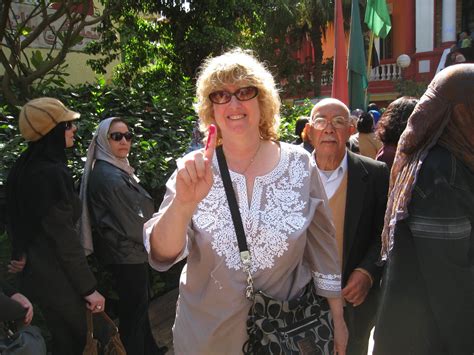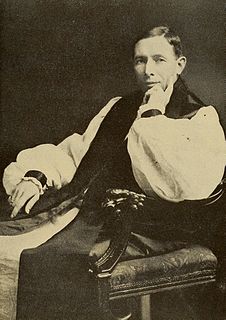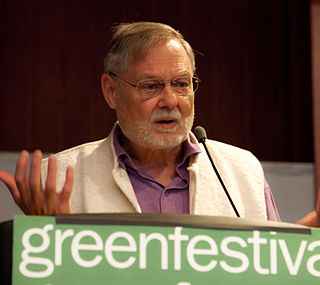A Quote by Simon Barnes
A living countryside is not a luxury but a necessity for the human population; if you let conservation go hang until your pockets are jingling there will be a lot less to conserve
Quote Topics
Related Quotes
The luxury of today is the necessity of tomorrow. Every advance first comes into being as the luxury of a few rich people, only to become, after a time, an indispensable necessity taken for granted by everyone. Luxury consumption provides industry with the stimulus to discover and introduce new, things. It is one of the dynamic factors in our economy. To it we owe the progressive innovations by which the standard of living of all strata of the population has been gradually raised.
The unity of Christendom is not a luxury, but a necessity. The world will go limping until Christ's prayer that all may be one is answered. We must have unity, not at all costs, but at all risks. A unified Church is the only offering we dare present to the coming Christ, for in it alone will He find room to dwell.
Good farmers, who take seriously their duties as stewards of Creation and of their land's inheritors, contribute to the welfare of society in more ways than society usually acknowledges, or even knows. These farmers produce valuable goods, of course; but they also conserve soil, they conserve water, they conserve wildlife, they conserve open space, they conserve scenery.
There are two principles inherent in the very nature of things, recurring in some particular embodiments whatever field we explore - the spirit of change, and the spirit of conservation. There can be nothing real without both. Mere change without conservation is a passage from nothing to nothing. . . . Mere conservation without change cannot conserve. For after all, there is a flux of circumstance, and the freshness of being evaporates under mere repetition.
Human settlements are like living organisms. They must grow, and they will change. But we can decide on the nature of that growth - on the quality and the character of it - and where it ought to go. We don't have to scatter the building blocks of our civic life all over the countryside, destroying our towns and ruining farmland.

































